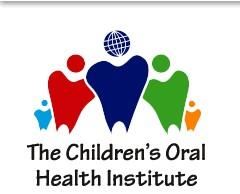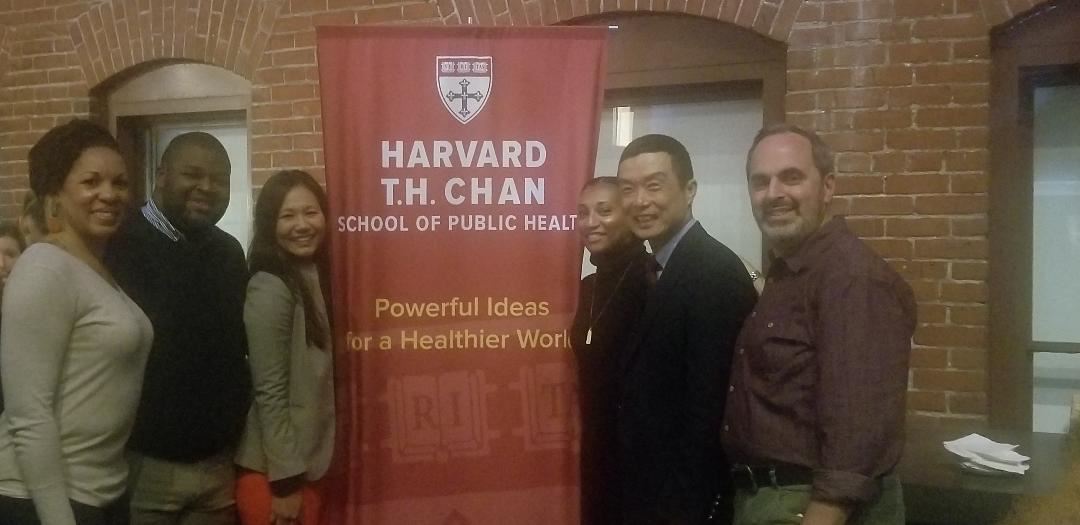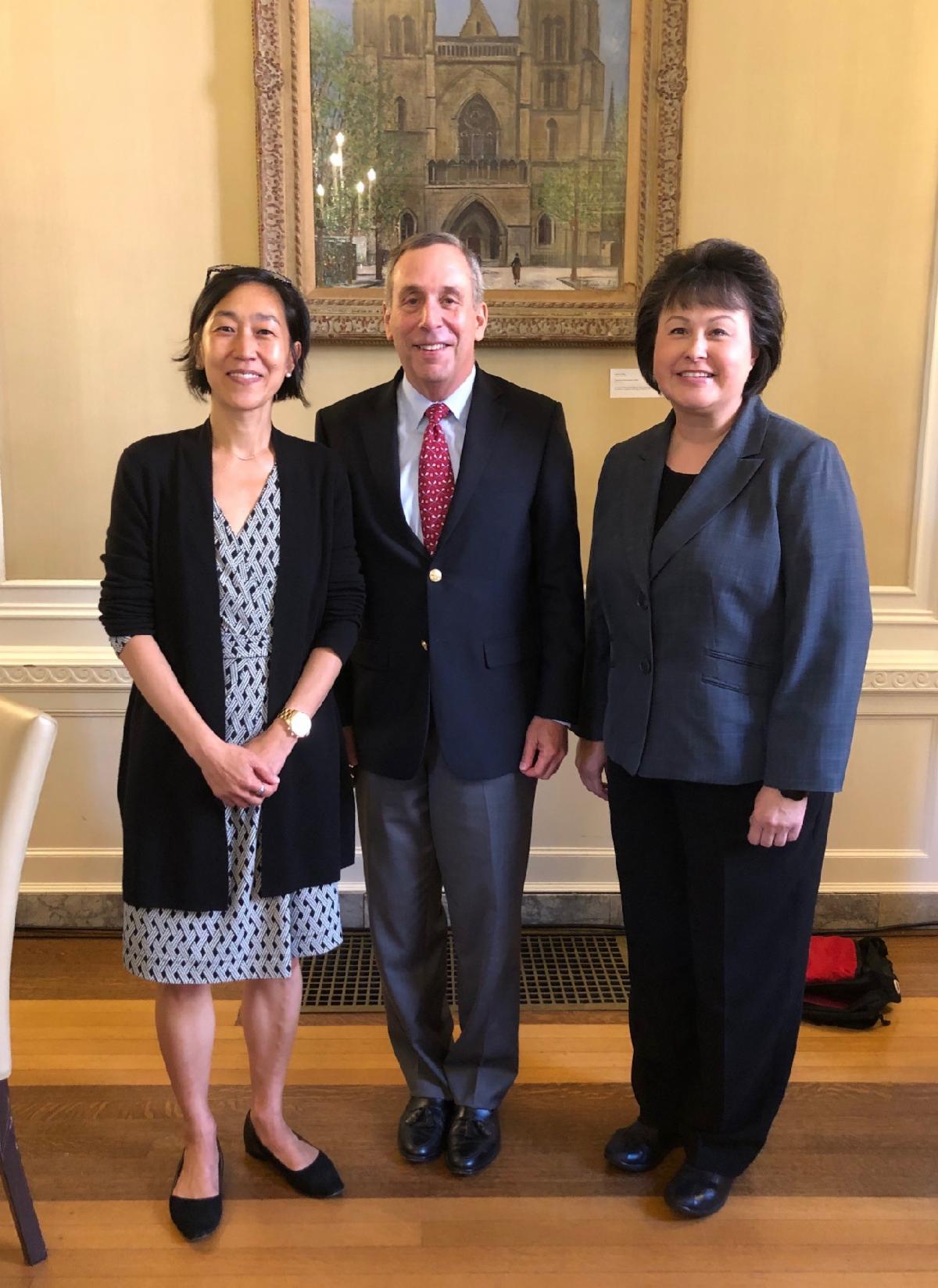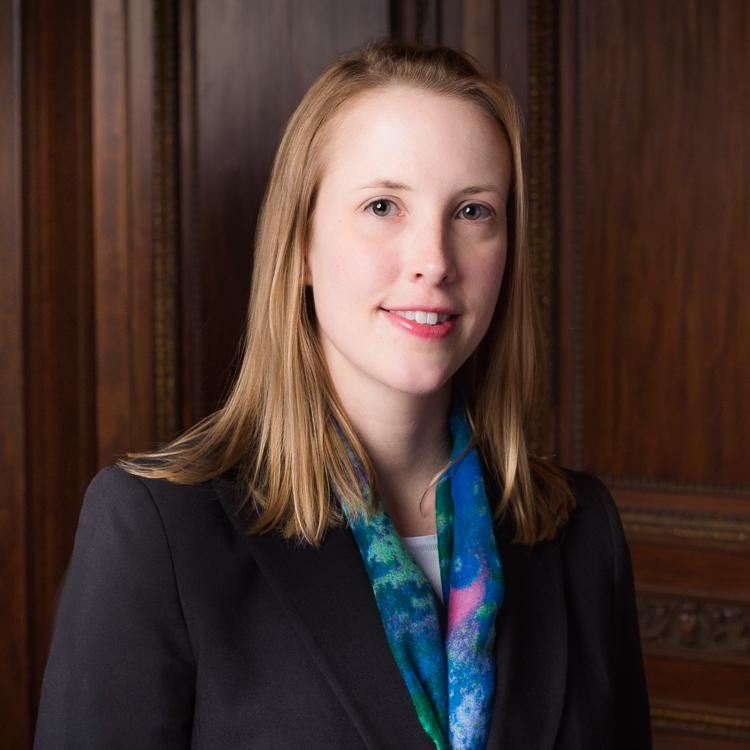|
Digital health technologies (DHT) hold great promise for data-driven and evidence-based health program design, management, and assessment. Concomitantly, there is increased risk to individual data misuse or data breach of sensitive personal data, if proper controls are not implemented. The potential benefits of strengthening health systems and improving health outcomes through the digital health environment thus come with a concomitant need to implement strong data governance structures to ensure the ethical use and reuse of individuals’ data which is collected through digital health programs.
The Reede Scholars 11th Annual Health Equity Symposium will examine the risks associated with digital health technologies for vulnerable populations. Cybersecurity is a major concern. Parallel health systems, one for healthy populations and one for high-burden populations, is another. In order to ensure high-burden populations are equitable beneficiaries of DHT advances, it is paramount that they are represented within the data set and resulting analyses. Additionally, gaining trust, behavior modification, increased utilization, and meaningful benefits are important components of digital health technologies among vulnerable populations. To be sure, the World Health Organization (WHO) in its “Global Strategy on Digital Health 2020 – 2024”, calls for a robust strategy that integrates financial, organizational, human, and technological resources.1
An expert panel of researchers, administrators, and providers will present thoughtful conversations addressing many of the issues confronting vulnerable groups, i.e., rural populations, under resourced and underserved communities, marginalized populations and others to improve health outcomes, lower healthcare costs, and advance health equity.
The 2020 Health Equity Symposium is designed to:
- Examine policy needs for equitable inclusion of all populations in digital health technology developments;
- Discuss strategies for patient and user cyber protections;
- Identify strategies that integrate financial, organizational, human, and technological resources for optimal outcomes.
The Annual Health Equity Symposium is open to all including, health professions students, social justice students and advocates, academicians, health executives, and community stakeholders. We welcome your participation and feedback.
2020 AHES Committee: D’Nyce Williams, Alexy Arauz Boudreau , Samantha Rosman, Nicole del Castillo, Mary Fleming, Dorado Brooks, C. Hodge, Chairperson
|
.png)














 HEALTH POLICY BRIEF
HEALTH POLICY BRIEF